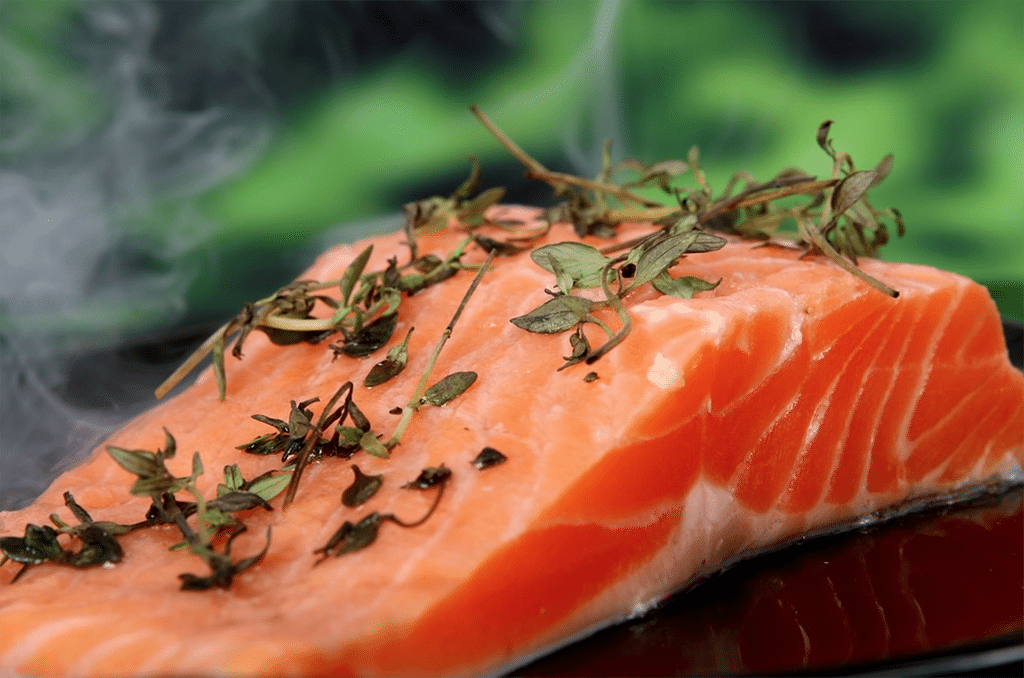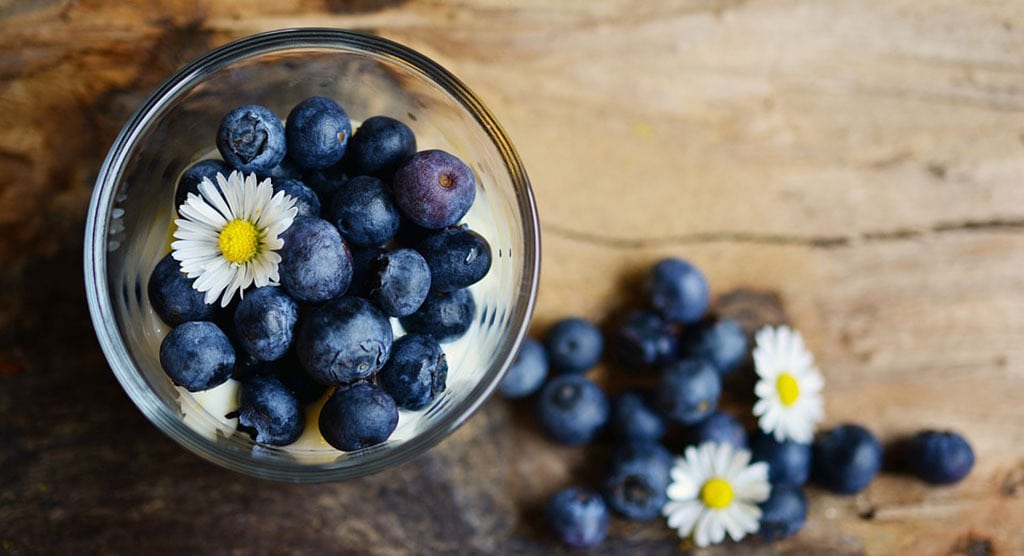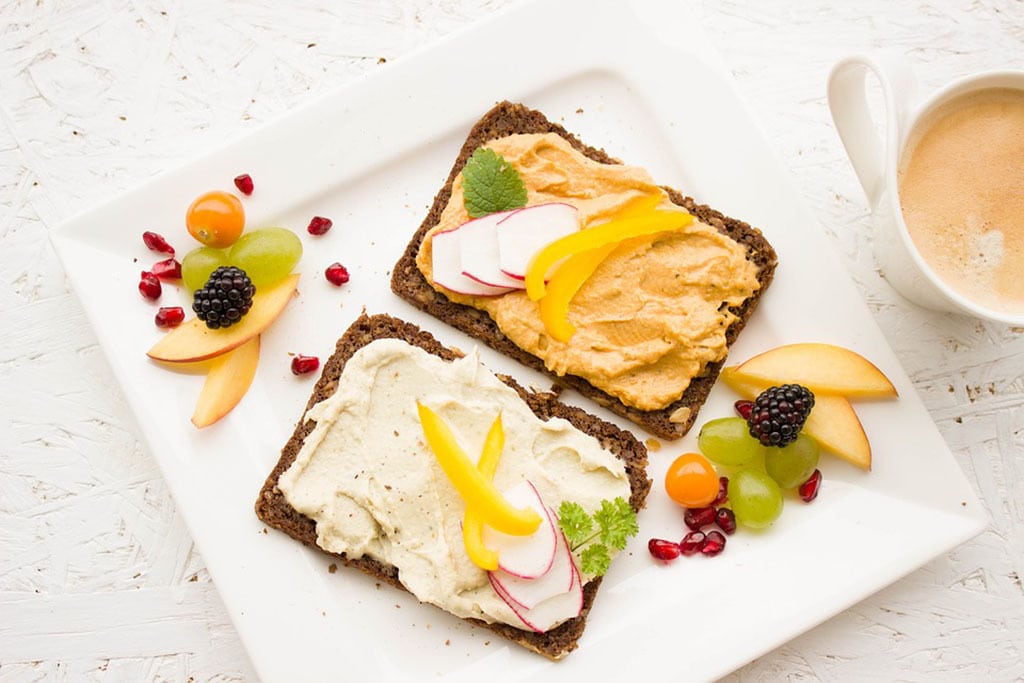Boost your energy level to get the most out of your day!
July 21, 2017It’s no secret that many of us are living a hectic lifestyle, juggling family, friends and work commitments. Trying to find a work life balance, while trying to stay healthy and active can prove tricky and your energy levels can suffer. To help ease those feelings of tiredness and fatigue and give you a natural boost of energy, here are some diet and lifestyle tips that are easy to employ into your lifestyle….
Superfoods
It often hits the headlines, but ensuring your diet is packed full of nutritious, fresh foods is essential to give you that ‘get up and go’ feeling.
- Spinach is an excellent source of iron, which is a key component of energy production in the body.
- Salmon is not only a great source of omega 3, but it is also full of protein and vitamin B6, both of which help convert your food into energy.
- Eggs are another great source as they contain a high amount of protein and essential amino acids, which help reduce fatigue.
- Bananas are a great snack to have in-between meals or added in to your morning smoothie as a quick and easy form of energy.
- Quinoa is a gluten-free grain that is higher in protein than rice, so try switching this up next time you cook a salad or stir-fry!
If you can introduce these foods into your weekly meals, you will be providing your body with the nutrients it requires for optimal energy. As well as adding the right foods to your diet, our Once a Day Energy B&C supplement contains nutrients that contribute to the reduction of tiredness and fatigue, giving you a natural daily boost.
A good night’s sleep
Sleep is crucial for your energy levels as it gives your body time to re-energise, re-charge and repair. For a good night’s sleep, try to stick to a regular bedtime routine as much as possible and avoid all stimulants, such as tea and coffee in the evening. Make sure your bedroom is a calming, relaxing space to help you feel ready to hit the sheets for a peaceful night’s sleep. Try to limit exposure to light in your bedroom too, as this can make it more challenging to fall asleep. So, turn your phone on silent and pop it in a drawer to avoid an interrupted sleep!
If you still struggle to get a solid night’s sleep, it could be because your body is lacking in magnesium. Magnesium is another vital nutrient for converting food to energy – it can help relax the muscles, help relieve symptoms of stress and aid sleep. Our Synergistic Magnesium Capsules taken in the evening, or before bed, will provide your body with healthy magnesium levels to assist in better sleeping patterns.
Get moving
When you’re feeling fatigued, exercise may be the last thing you feel like doing, but believe it or not this is actually essential in keeping your energy levels up. It is recommended that you should try and fit 30 minutes of exercise in each day. Keep in mind that your workout does not always have to be a visit to the gym, especially if you’re struggling with time. Walk and talk with friends, get off the bus early or take the kids to the park after school. Playing some games with your kids will not only give you your daily dose of exercise, but it will also give you some quality bonding time. If you struggle to find that extra bit of energy to complete your daily workout, adding a Coenzyme Qu10 supplement to your diet could help. Coenzyme Qu10 plays a vital role in helping your body convert food to energy. Miranda Kerr has sworn by Qu10 supplements for many years now, crediting this, along with her health-conscious lifestyle to not having one single sick day in her entire career! Give yourself some oomph with our Ubiquinol Q10 supplement in order to help enhance your energy levels.
The importance of B vitamins
B vitamins also play an important role in converting your food into energy for your body to function at its best. Most B vitamins are found quite easily in fresh fruits and vegetables, wholegrains, meat and fish. Vitamin B12 is one of the vital nutrients our bodies need for energy, yet deficiency among us is quite common. Part of the reason may be because it is found largely in animal foods, so vegetarians and vegans, in particular, may lack this vitamin and secondly, some people do not absorb it very well from their food. To keep your levels topped up try our Vitamin B12 supplement, which can help with your energy metabolism and the reduction of tiredness and fatigue.
Ditch the sugar
Oh yes, we know it can be a tricky one, but sugar really can be the enemy! You may want to think twice about reaching for a sugary snack to give you a ‘pick me up.’ Sugar gives you an immediate boost of energy because it converts to glucose very quickly. The body then needs to remove this glucose, which causes our blood sugar levels to drop, giving us an energy dip and leaving us feeling even more fatigued than before the snack!
Try switching up your nibbles. Blueberries and raspberries are sweet and delicious, yet low in natural sugars and packed full of nutrients. If you struggle to reign in your sweet tooth there are plenty of healthier options available now, such as cakes that are made from naturally sweet vegetables and fruit and free from refined sugar. With this being said, sugar is highly addictive, so if you need a little help ditching the sweet treats, our Equigluco can help. It is a specialist formula designed to support blood glucose regulation and contains chromium and green coffee extract, which helps to balance insulin levels to help keep those afternoon sugar cravings at bay.




